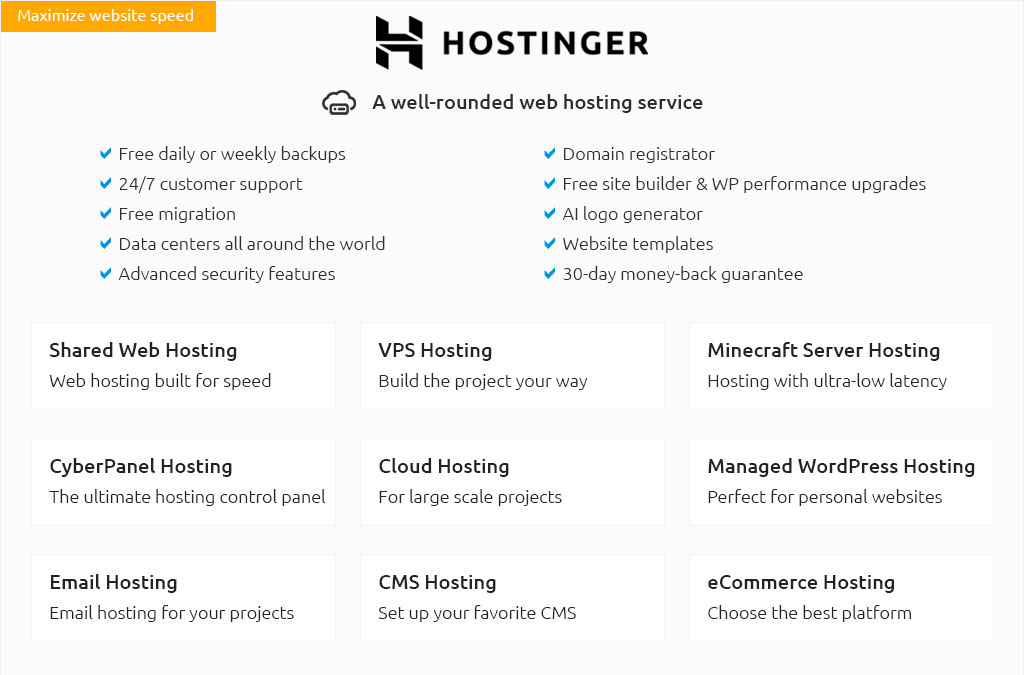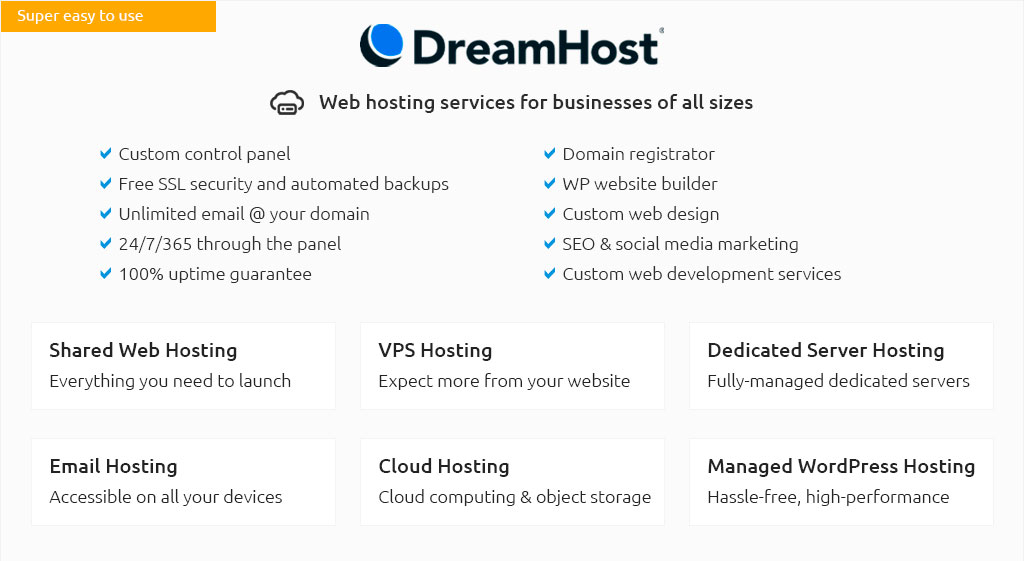 |
|||
 |
 |
 |
|
 |
|
 |
 |
 |
|||
 |
|||
 |
|||
 |
|||
 |
 |
The Intricacies of Using SSH with a VPS ServerIn today's rapidly evolving digital landscape, understanding the nuances of secure connections is more than just advantageous; it's essential. One of the cornerstones of this secure connectivity is the SSH, or Secure Shell, protocol, which stands as a robust method for accessing and managing a Virtual Private Server (VPS). But what exactly does this entail, and why should you care? Let’s embark on a journey to demystify this vital technology. First and foremost, a VPS is essentially a virtualized server that mimics the functionalities of a dedicated server within a shared hosting environment. It's like having your own isolated space on a larger server, giving you more control and customization than typical shared hosting solutions. But, with great power comes the need for great security. This is where SSH enters the scene. SSH is a protocol that enables you to securely access your VPS over an unsecured network. The importance of SSH cannot be overstated, as it employs strong encryption algorithms to ensure that any data transmitted between your computer and the server remains confidential and tamper-proof. Utilizing SSH with a VPS is surprisingly straightforward. The process begins with generating a pair of cryptographic keys: a public key and a private key. Think of these as a sophisticated lock and key system. The public key is placed on your VPS, while the private key remains on your local machine. When you attempt to connect to your VPS, the server uses the public key to create a challenge that can only be answered with the private key. This ensures that only someone with the correct private key can access the server, making unauthorized access nearly impossible.
While the technical aspects of SSH and VPS might seem daunting at first, the reality is that mastering these tools is immensely rewarding. It offers peace of mind, knowing that your data is secure, and provides the flexibility to manage your server efficiently from anywhere in the world. In conclusion, whether you're an entrepreneur running a web application, a developer hosting personal projects, or simply someone interested in the backend workings of the internet, understanding how SSH works with a VPS is an invaluable skill in today's digital age. So, take the plunge, explore this fascinating world, and enhance your technological prowess. https://support.hostinger.com/en/articles/5723772-how-to-connect-to-your-vps-via-ssh
While there is a wide variety of available templates, which include control panels, you might prefer using SSH for your VPS management - or wish to install ... https://www.vpsserver.com/community/tutorials/3917/configuring-a-secure-ssh-based-connection-to-your-vps-server/
I am going to share a few details on how to secure your ssh access. You will create a pair of keys: private and public. Private is your secure key. https://cloudzy.com/ssh-vps/
Secure your online presence with Cloudzy's SSH VPS. Experience a secure connection to your high-performance VPS in 15+ global locations at affordable prices.
|